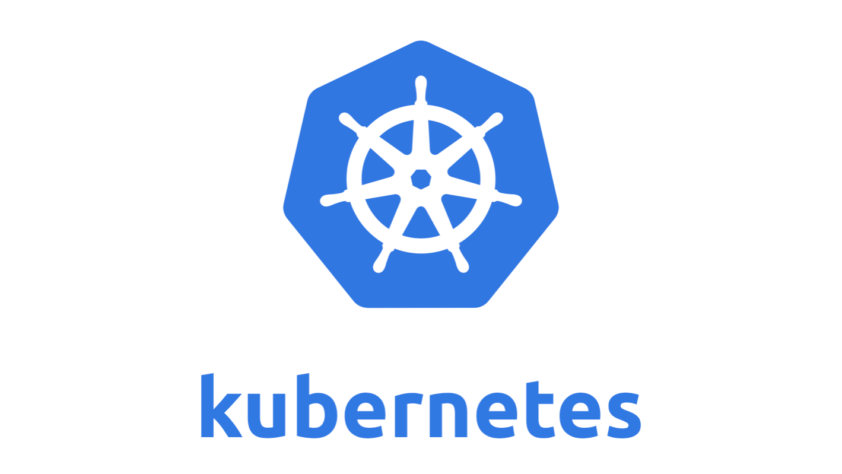Event-driven computing is a paradigm that allows applications to respond to events or triggers in real-time, enabling efficient and scalable processing. Azure Functions, a serverless compute service offered by Microsoft Azure, empowers developers to build event-driven applications easily. In this article, we will dive into Azure Functions triggers and explore the possibilities of event-driven computing.
Azure Functions provides a wide range of triggers that can initiate the execution of your functions. These triggers include timers, HTTP requests, message queues, database changes, file system events, and many more. By configuring triggers, you can define the specific conditions that will invoke your functions and start the desired processing.
One of the key benefits of Azure Functions triggers is their ability to scale automatically based on the incoming workload. When a trigger is activated, Azure Functions dynamically provisions the necessary resources to handle the workload efficiently. This auto-scaling capability ensures that your functions can seamlessly handle high volumes of events without the need for manual intervention or infrastructure management.
Let’s take an example of an Azure Blob Storage trigger. By configuring an Azure Blob Storage trigger, you can automatically execute a function whenever a new file is added to a specific container. This allows you to perform various operations on the file, such as data processing, validation, or triggering downstream workflows. With Azure Functions triggers, you can build powerful data pipelines, automate business processes, and integrate systems effortlessly.
Azure Functions supports multiple programming languages, including C#, JavaScript, PowerShell, Python, and more. This flexibility enables developers to choose their preferred language and leverage their existing skills to build event-driven applications. Additionally, Azure Functions integrates seamlessly with other Azure services, enabling you to combine triggers with data storage, messaging, analytics, and other powerful capabilities offered by the Azure ecosystem.
Whether you are building real-time data processing pipelines, serverless APIs, or event-driven workflows, Azure Functions triggers provide the foundation for efficient and scalable event-driven computing. By embracing event-driven architecture, you can create applications that are responsive, cost-effective, and capable of handling dynamic workloads. Start exploring Azure Functions triggers and unlock the potential of event-driven computing in your applications today.

Eric Chan
Microsoft MVP
SOS Group Limited


